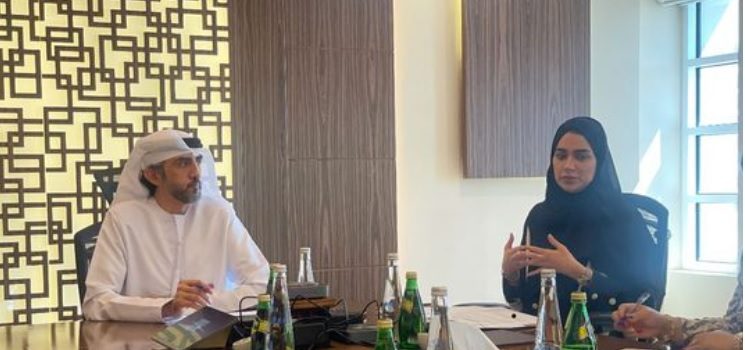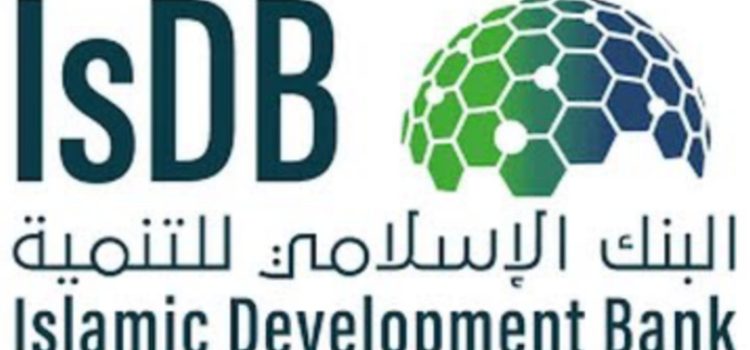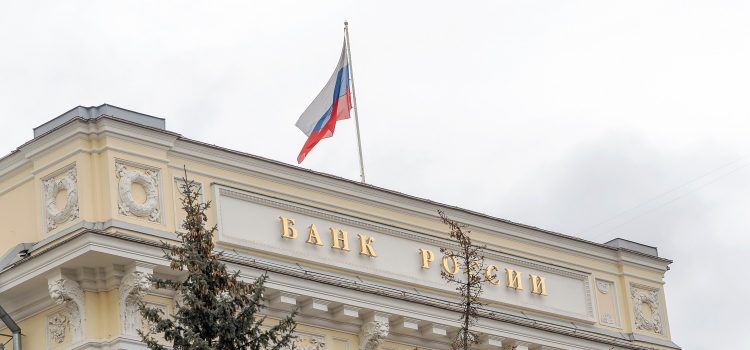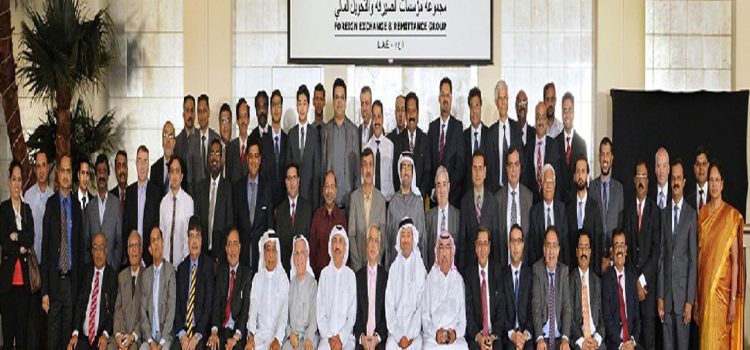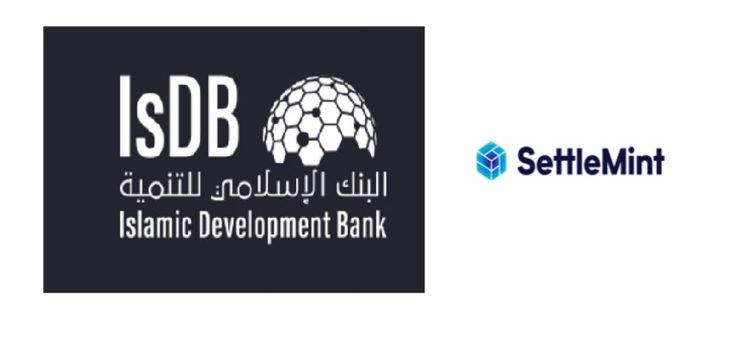
Crypto.com, a global cryptocurrency exchange regulated by Dubai’s Virtual Asset Regulatory Authority (VARA) and Dubai Land Department (DLD) signed a Memorandum of Cooperation to explore the use of Blockchain and digital currencies or crypto in the real estate sector.
As per the announcement, the initiative is part of Dubai Real Estate Strategy 2033 that aims to build a smart, sustainable, real estate ecosystem using advanced technologies such as blockchain, and digital assets as well as tokenization. The agreement was signed by His Excellency Omar Hamad BuShehab, Director General of the Dubai Land Department, and Mohamed Abdul Latif Al Hakim, the authorised signatory for Crypto.com, in the presence of several officials and CEOs from both sides.
Crypto.com will support Dubai’s digital real estate transactions using blockchain and digital currencies/crypto for property transactions. This will not only help to increase liquidity in the real estate sector but also modernize it by enabling real estate asset trading, investor verification as well as digital custody and settlement processes.
Crypto.com will propose solutions for tokenizing real estate and trading digital assets, while Dubai Land Department will explore them and provide administrative and logistical support to implement these regulatory approved joint projects.
Crypto.com will also offer technical support, analytical tools and reports for these projects.
Previously, the Department of Finance in Dubai Government, responsible for the development of the general annual budget and its execution (DOF), also agreed to enable government service fees to be paid in crypto using Crypto.com. Once the system is activated, individuals and businesses will be able to use Crypto.com’s digital wallet to pay for government services. The platform will convert crypto payments into AED and securely transfer the funds to Dubai Finance accounts.
Recently under the Real estate tokenization project, DLD, VARA, and the Dubai Future Foundation, with PRYPCO Mint underwent two tokenized property listings which were both sold out.
Mathew White, CEO of Dubai’s Virtual Asset Regulatory Authority (VARA), recently noted on LinkedIn that the tokenization of real-world assets (RWAs) is no longer an experiment. He stated, “It’s happening right now.”
He explained how VARA views tokenization as more than a blockchain use case but rather as a structural shift and the foundation for a new kind of financial system. He explains, ” Everything from real estate and art to commodities and IP can be digitally represented, owned and exchanged in real time.”
He adds, “It’s a system of fractional ownership and near-instant settlement, where global markets are trustless, borderless, and always on. The illiquid can become liquid.”











